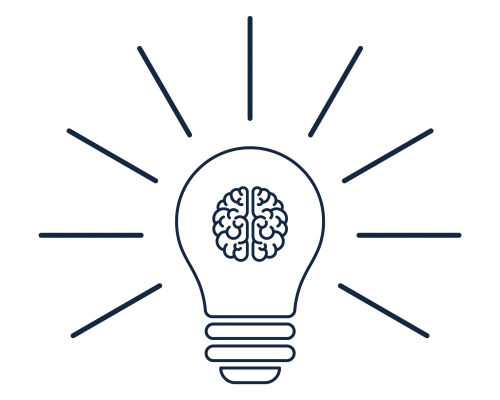Alex Harford (that’s me, writing about myself in the third person) chatted with Sarah McDowell on The SEO Mindset Podcast about finding trusted SEO resources online.
Read on for a summary and key takeaways from the episode.
Why is Knowing How or Why to Trust Content Important?
The Internet has a lot of misinformation, outdated content, and biased content. There’s a huge extra influx thanks to generative content created with the likes of ChatGPT and “AI” text generation and scraping tools that people use to spam online.
Especially as a beginner SEO – but experienced SEOs too (me included) – how do we know what content to trust?
Whether it’s video, a blog/article, tweet, LinkedIn post, or something else, we all approach content with various cognitive biases; ways our brain tries to simplify to make our lives easier but that can lead to us processing the information inaccurately.
Our brains’ simplification often does make our lives easier. E.g. driving a car, riding a bike, and playing a certain piece of music generally becomes second nature with enough practice – so eventually we don’t need to use as much brain power to perform those tasks.
Cognitive Biases
There are many more, but below are the cognitive biases I talked about on SEO Mindset. They can all cause us issues when reading/watching/listening to content, and being aware of them helps us think more critically in judging whether a particular source is trustworthy.
Authority Bias
We’re more likely to believe people we see as authority figures, such as heads of tech companies or Google employees like John Mueller (with Google being the most popular search engine in the world and Mueller being the most well-known Google employee in SEO circles).
John Mueller stated that bolding important text can help search engine rankings, for example, and some SEOs and content creators acted on that comment by bolding numerous bits of text throughout articles. This made the text difficult to read, and thinking critically about Mueller’s comment in the first place – or even considering them in the context they were spoken – could have stopped people from acting on it in such an immediate way.
Bandwagon Effect
If an SEO tactic trends on Twitter/X or TikTok, for example, we’re more likely to believe it, irrespective of who shares it. Our brain sees it’s trending and thinks “That’s great, I must try it!”
Tribalism
If most of a peer group we’re in believes something, we’re more likely to go with the tribe, even if they’re wrong.
Confirmation/Reinforcement Bias
We might believe something – such as the output from a test or case study – because it’s what we already believe.
In our own testing, it could mean we interpret results as how we want them to appear.
E.g. many studies show a blog is best hosted in a domain subfolder rather than a subdomain (www.example.com/blog preferred over blog.example.com). Because of that, we might believe further studies that show the same result but without thinking critically about them.
We might run our own test that shows a subdomain is better, or that there’s no difference, but still interpret the data towards what we already believe.
Illusory Truth Effect
We’re more likely to believe something if we repeatedly see it talked about – even if we didn’t believe it initially.
E.g. crawl budget being a factor for all websites and Google penalising duplicate content, are SEO myths that many SEOs believe. They appear frequently across the Internet and have done for years.
Critical Thinking
I believe being aware of these biases has helped me in my career and can make anyone a better SEO.
In such situations, it’s important to think critically. E.g:
- Relate a recommendation to something you already know. E.g. if you know stuffing keywords into content is bad for SEO and usability/readability, but a trending SEO video (bandwagon effect) on TikTok recommends stuffing keywords into a URL, would you follow the advice?
- Think the opposite to what’s being recommended. How does that make you feel?
- Think usability-first. An SEO change shouldn’t make a website’s usability worse.
I’ll talk more about critical thinking another time. Keep a look out!
Further Information
Listen to the SEO Mindset episode on trusted resources and cognitive bias with Sarah McDowell and myself for more detail. It’s available in all the usual podcast places including Spotify and Apple:
https://podcasts.apple.com/us/podcast/learning-seo-from-trusted-resources-with-alex-harford/id1617543592?i=1000642853278
Myriam Jessier talks about Cognitive Biases in Content Marketing in this video.
